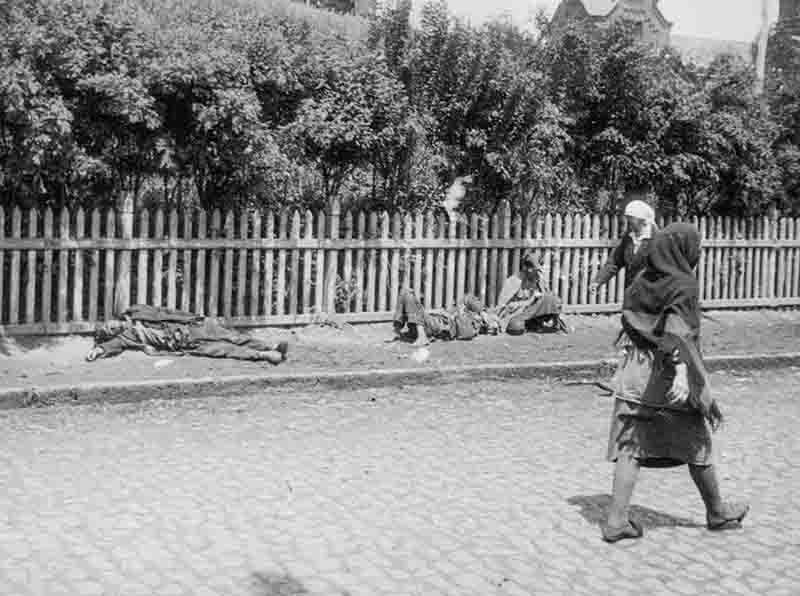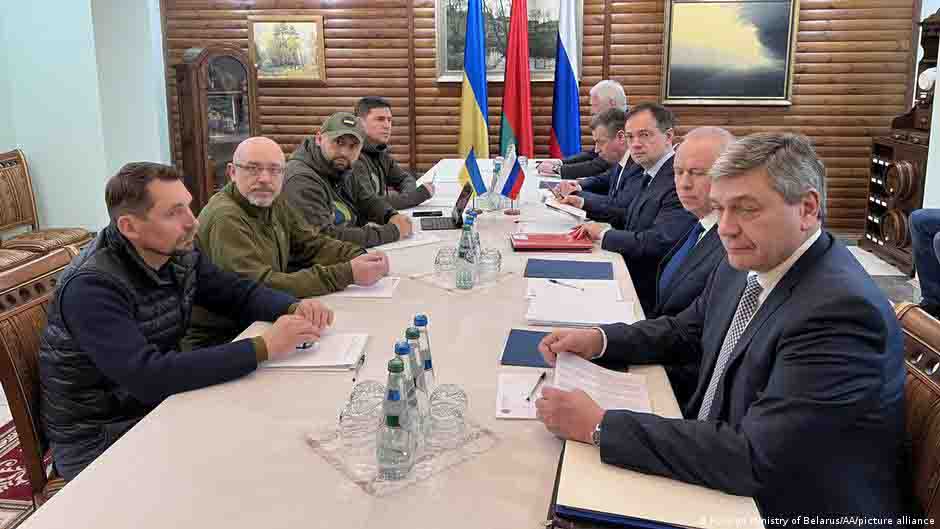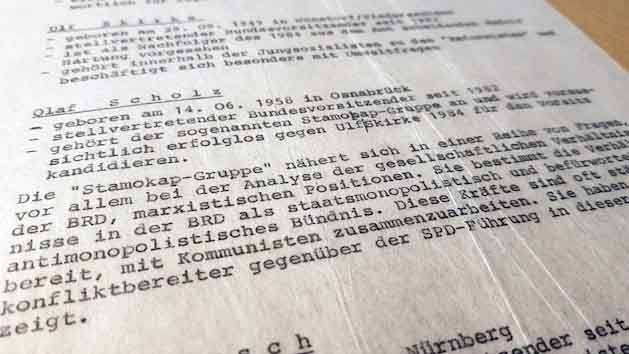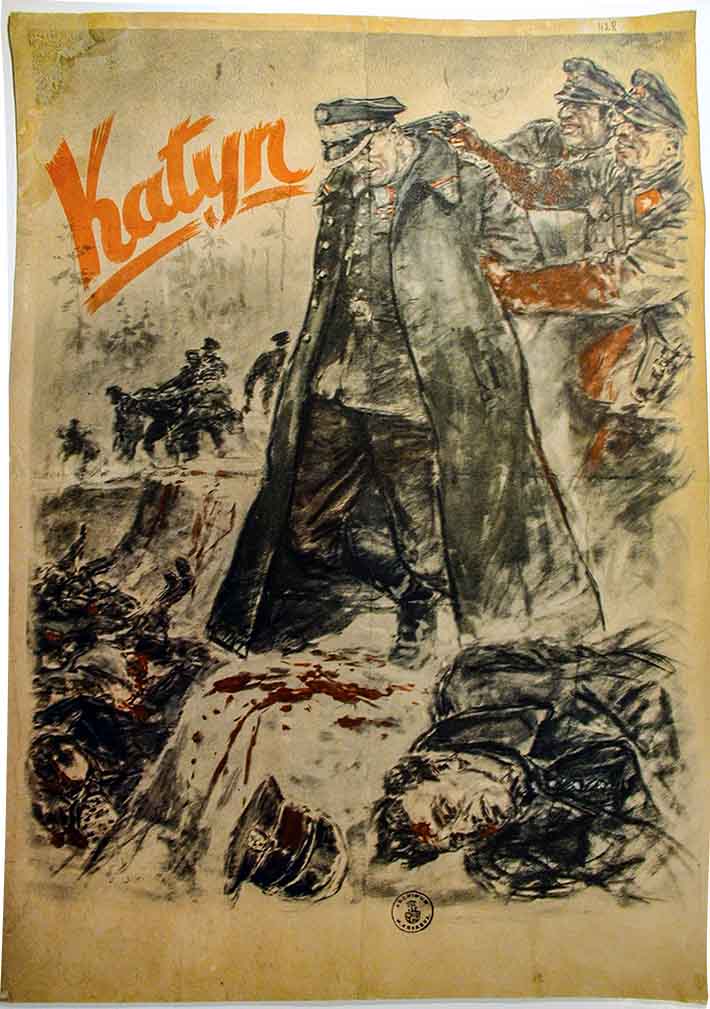When I was a 6th grader in Middle School, my parents gave me, as a Holiday gift, a new six record LP set, produced by the CBS News team “I Can Hear It Now, the Sixties”. This was a reboot of a set of old 78’s CBS Radio had produced, under the watch of their paragon newscaster Edward R. Murrow, of news broadcasts from the Depression Era and the Second World War, that was released to the public in the late forties.
My gift included the almost forgotten voices of John Kennedy, Nikita Khrushchev, and the slain civil rights leader Dr. Martin Luther King Jr. A few snippets, from this old set that is now collecting dust in my basement, resonated with me over the last week since the would-be Russian Tsar Vladimir Putin launched his punitive invasion of Ukraine. First there was the voice of the young John Kennedy pontificating, in the face of the 1961 Berlin Crisis, how “each day the crisis multiplies”. And then I was also thinking of the words failed 1964 Republican presidential candidate Barry Goldwater offered up as he made his acceptance speech in San Francisco’s Cow Palace. Goldwater reminded his fellow Republicans that “extremism in the defense of liberty is no vice and moderation in the pursuit of justice is no virtue.”
The Ukraine crisis reached its apex seven days ago, when Russian forces rolled over the border in response to Putin’s irredentist tirade in the State Duma earlier that week. Like any other “sentinel event” it was however, long in the making. Historically speaking, whatever regime reigned over the Russian State, Moscow, and Petersburg before it in Tsarist times, has held a long enmity to Ukrainian national aspirations. This took the shape in the way of suppressing the local Greek and Byzantine Catholic churches in Ukraine as well as an ongoing process of denationalization of Ukrainians. During the Soviet Era, Ukraine was always looked upon as a potential stumbling block to the aspirations of Bolshevik power. One of the consequences of this mindset was of course the Holodomor (ukr. Голодомор, derived from the Ukrainian words for hunger, holod, and extermination, mor — Ed.), where thousands perished in a state manufactured famine.

Victims of famine in a street in Kharkiv, 1932. Photo: Alexander Wienerberger (Source: Wikipedia)
Since the break-up of the old Soviet Union, the Russian Federation has never been comfortable with the notion of an independent and sovereign Ukraine. For nearly a decade, Mr. Putin has engaged in aggressive and destabilizing policies that call into question why he didn’t try to pull off the current invasion much earlier than he did. Aside from token support from the Western Alliance, the government in Kyiv has been left very much alone to fend for itself as the Crimea and the Donbass were gobbled up by the Russian state in the name of safeguarding its national interest.
When it became clear that Moscow was determined to complete this process of undermining the independent sovereignty of Ukraine, world leaders: American President Joseph Biden, and his colleagues Macron and Scholz over in the European Union, responded to this new challenge by hurling threats of economic retaliation against the Russian Federation. Frankly, when I first learned of these measures I thought back to the folly of another American President, Texas born Lyndon Johnson who literally thought he could buy the North Vietnamese Communists off with promises of extended US economic aid, the way he might have secured the allegiance of a mayor or county commissioner in his home state, in exchange for their ending of hostilities against the South Vietnamese republic in Saigon. Clearly both Lyndon and his successor Joseph missed the boat in these regards. Neither Putin nor the good comrades in Hanoi were apt to be stopped in their tracks over what Thomas Jefferson might have described as “the power of the purse.”
For the last week, Ukraine has heroically fought for its very existence and the news out of Kyiv, Zhitomir, Kharkiv, or Odessa, cities my maternal ancestors would have easily passed through in their daily lives, grows more gloomy with each passing day. I often, thanks to Sirius XM, tune into the BBC each morning dropping my college age son off for classes at Chicago’s North Park University, and it’s becoming increasingly depressing to take in the latest newscasts. They regularly consist of accounts of more Russian advances and what appear to be war crimes, coupled with promises of additional economic and cultural sanctions thrown at the regime in Moscow. Frankly, for me they ring as hollow as the accords Mr. Chamberlain and Msr. Daladier carved out at Munich in the fall of 1938.

The third round of peace talks is taking place in western Belarus (Source: dw.com)
Yesterday on NPR’s “Fresh Air” I listened to an interview with former State Department analyst Michael Kimmage. He offered a decent insight to the current crisis but then tampered his remarks that there were invariably lines the United States and its allies can never cross in this conflict. From my perspective, that assumption merely gives Putin the assurances he needs to carry on in Ukraine unfettered. Kimmage tried to assure his interviewer, veteran NPR journalist Terry Gross, that Moscow’s territorial aspirations are limited exclusively, based on Putin’s view of Slavic history, to his bad business in Ukraine. Any Pole, Lithuanian, Latvian, or Estonian, impressed with the events of 1939 and ’40 would know better. It’s very obvious to me that if Putin isn’t stopped now, the possibilities of facing him down elsewhere will become very real sooner or later.
The challenge needs to be faced now. Ukraine is seeing its cities bombed and its nuclear reactors set on fire. At the very least, it’s incumbent upon NATO to offer President Zelensky both arms and air cover to overcome the obstacles his country is facing. To fail to do so is to make a mockery of our own democratic traditions and hopes. Today Ukraine struggles for their freedom and ours as well. We do well to uplift their heroism before all that will be left to do is to offer a hollow memorial!






